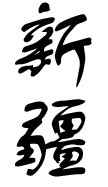Xinjiang’s Most Hated Foreigners
With the exception of journalist and one particular woman named Rebiya Kadeer, most foreigners these days are “welcome” to visit Xinjiang as tourist. But it wasn’t always like this. China has it’s own list of most-wanted foreigners associated with Xinjiang and you might be surprised to find who is on it.

I’d like to present to you a list of foreigners (i.e. non-Chinese), both past and present, who will forever be scorned in the Xinjiang history books and erased from memory at the Xinjiang museum in Urumqi.
Fair or not, these men and women have been branded by words and stories that leave Chinese people in the province shaking their head in disgust.
1. Yaqub Beg (Central Asian)
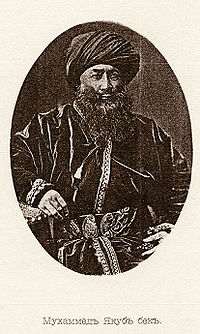
Born in modern-day Uzbekistan, Yaqub Beg is one of the most hated figures in Xinjiang’s history.
Throughout the 19th century Yaqub held considerable sway over the western portion of Xinjiang and was known as a harsh leader. Xinjiang history articles (written by the Chinese, of course) describe his birth as such:
His father was a religious [person] who chanted sutras for patients. Soon after Yakub was born, his parents divorced. His mother remarried a butcher. Butcher’s adopted son was still a butcher. The only difference was that he slaughtered people.
The feelings toward his place in history still remain: in 1978 during a renovation of the Apak Khoja Mausoleum in Kashgar where Yaqub was buried, his tomb was razed.
2. Albert von Le Coq (German)
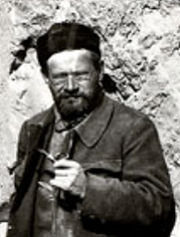
If you’ve ever visited the Gaochang ruins or the Beziklik caves in Turpan, you’ve seen von Le Coq’s work. Likewise you’ve also seen the signs in the caves that tell of how the foreigner “thieves came in and stole” the precious paintings.
Albert von Le Coq was one of many foreign archeologist to explore Xinjiang and take back countless paintings and artifacts to Berlin where many were bombed to pieces during World War II.
If you have the time, writer Peter Hopkirk published an amazing account of foreign exploration and exploits in western China.
Regardless of your opinion about whether archeologist in the early 20th century “stole” paintings or “rescued” them, one thing is certain – the Chinese hate the legacy he left in Xinjiang.
3. Aurel Stein – (Hungarian / British)
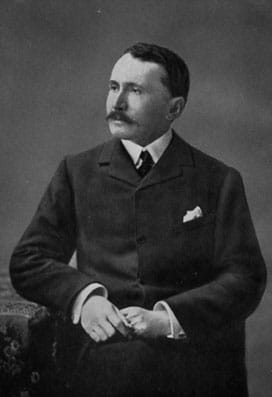
Right up there with von LeCoq, Stein is also despised for what he took out of both Xinjiang and Gansu.
His work can be seen all around the Taklamakan and he was credited with finding and excavating many lost desert cities during his expeditions.
Perhaps his most famous footnote in history, however, was when he was able to gain access to a padlocked cave near Dunhuang (Gansu) that housed the Diamond Sutra – the world’s oldest printed text.
The story it amazing, but suffice to say the Chinese believe a young monk who didn’t have a clue what he was protecting was hoodwinked by an educated foreigner.
Stein was somehow able to exit Xinjiang with crates upon crates of Central Asian treasure, much of which is still stored and sometimes displayed in the British Museum to the ire of Chinese officials.
4. Rebiya Kadeer – Exiled Uyghur Leader (US)
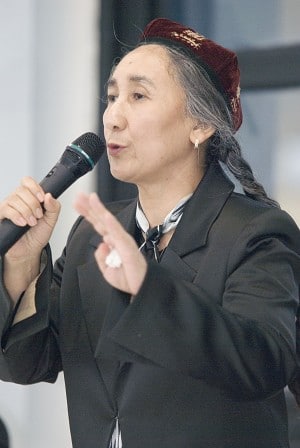
The exiled Uyghur Rebiya Kadeer, pictured on the right, holds the distinction of being the only woman on this list as well as the only living person on Xinjiang’s Most Wanted list.
Technically she’s not a foreigner since she was born in Xinjiang, but considering her current residence in the US it’s safe to call her a stranger in her own land.
Her story is quite interesting, working her way from being a poor business woman doing laundry to eventually becoming the richest woman in China and a part of the Xinjiang government.
Her criticism of the government, however, eventually earned her a spot in a Chinese prison where she was incarcerated for years.
Upon release she left for the US where she still actively works on behalf of the Uyghur, but since the Urumqi riots in 2009 and the accusations that she was the mastermind behind it all, her reputation among Han Chinese in Xinjiang has become that of a wanted criminal.





